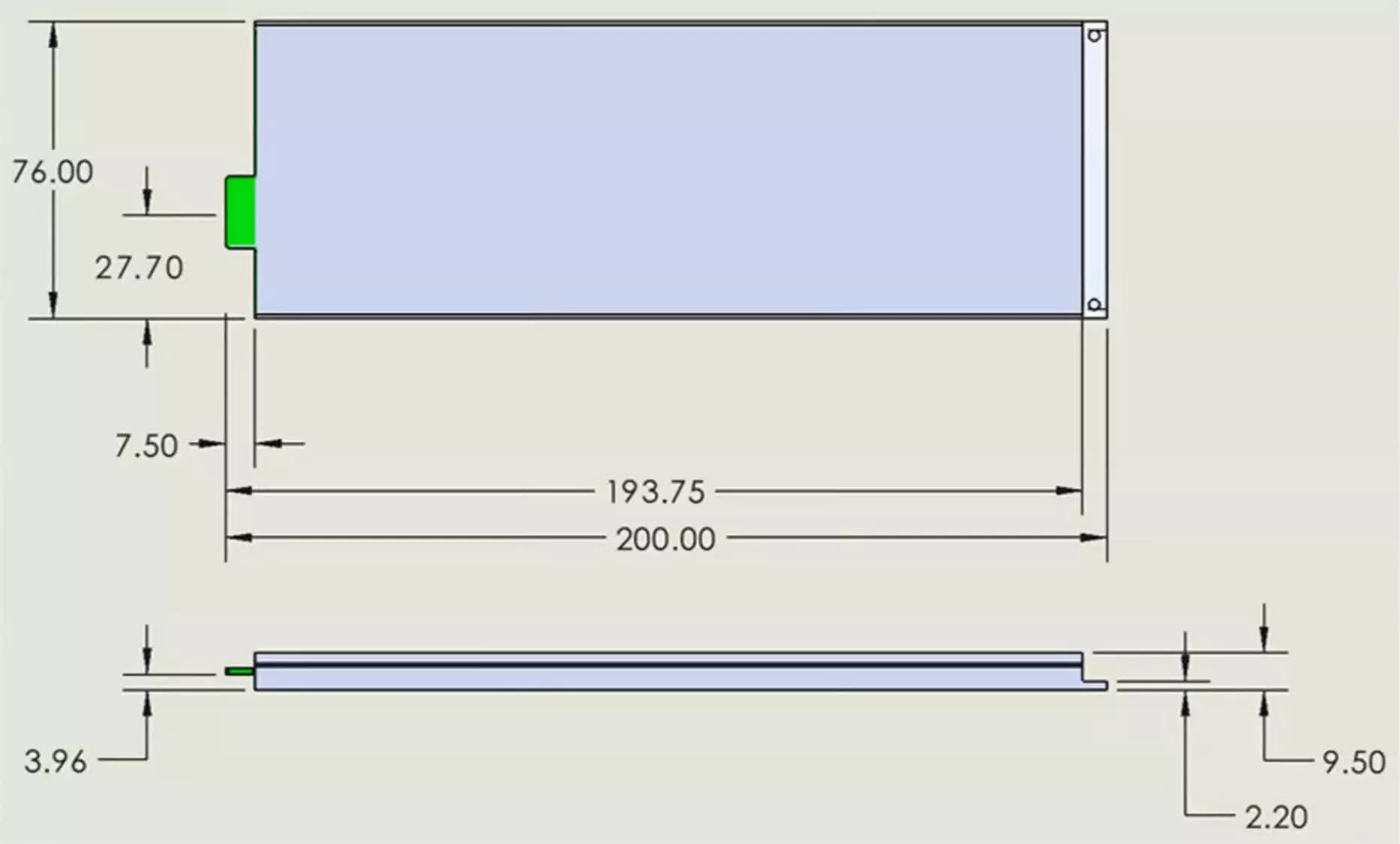Learn extra at:
One thing to stay up for: A revolutionary new SSD type issue may quickly redefine high-density storage in information facilities by narrowing the capability hole between mechanical exhausting drives and solid-state drives. Often called E2, this QLC flash-based drive is reportedly able to storing as much as 1 petabyte (1 million gigabytes) of knowledge whereas delivering efficiency akin to that of a high-end SSD.
The following-generation drive is being jointly developed by the Storage Networking Business Affiliation and the Open Compute Mission to retailer so-called “heat” information – info accessed much less continuously than sizzling information, however nonetheless requiring quicker learn/write speeds than conventional high-capacity mechanical storage options usually present.
Examples of heat information embrace utility information, logs, analytics, and backups. Whereas these information varieties have been beforehand labeled as “chilly,” the calls for of recent AI purposes, analytics pipelines, and different rising digital providers have elevated entry frequency, redefining them as “heat” and making exhausting disk drives a much less optimum storage answer.
E2 SSDs will reportedly undertake the Information Heart Commonplace Kind Issue “Ruler” specification, measuring 200mm in size, 76mm in top, and 9.5mm in thickness. Every drive may retailer as much as 1 petabyte (PB) of knowledge – roughly the equal of 11,000 4K films. A typical 2U rack server may accommodate as much as 40 of those drives, offering a powerful 40 PB of whole storage capability.
Preliminary specs point out that the drives might ship throughput of 8 – 10 MB/s per terabyte, translating to eight – 10 GB/s for a 1 PB mannequin. To make sure compatibility with next-generation server platforms, E2 SSDs will make the most of a PCIe 6.0 x4 interface operating the NVMe protocol. Every drive will home at the least 64 NAND flash packages and will draw as much as 80 watts of energy beneath load.
SNIA and OCP rely a number of main information middle operators and SSD producers – together with Meta, Microsoft, Samsung, Micron, Pure Storage, and SanDisk – amongst their members. A few of these firms have reportedly begun designing and prototyping drives based mostly on the brand new E2 SSD type issue.
As an illustration, Pure Storage unveiled a 300 terabyte E2 prototype in Could through the OCP Storage Tech Discuss occasion, the place the corporate emphasised that the expertise would enable it to supply higher flexibility and scalability to its prospects.
The E2 type issue continues to be within the standardization section, that means its specs stay tentative and topic to vary. A clearer image is predicted to emerge later this summer season, when the official Revision 1.0 specs are scheduled for launch.
Picture credit score: Storage Review



